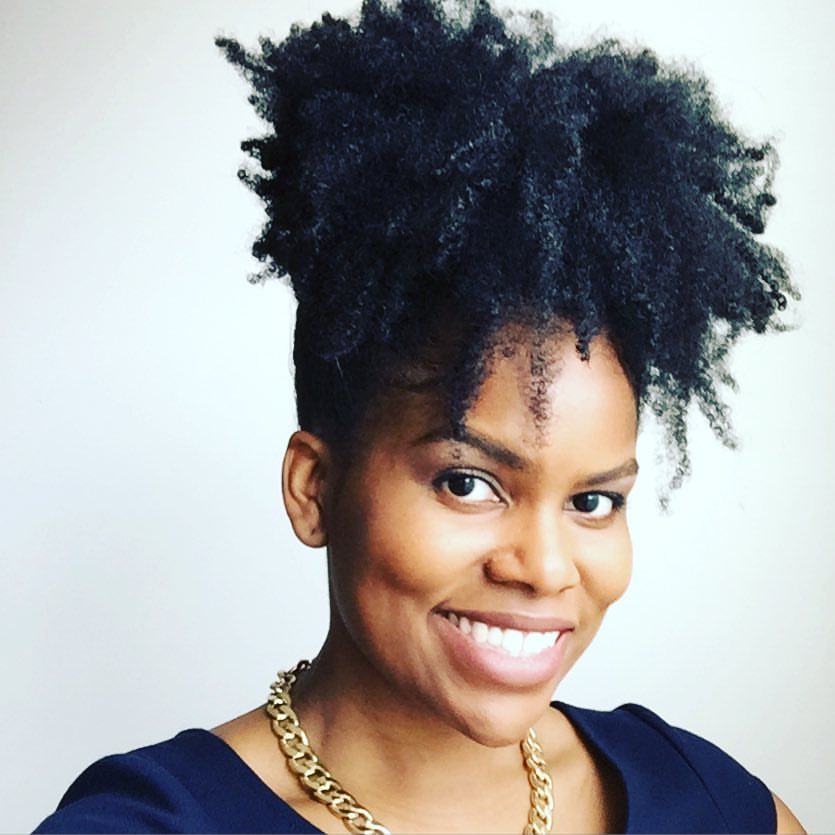Self-Care as a Form of Resistance
Rev. Shakira Sanchez-Collins, MD, Columnist
The other day I was making a purchase with my credit card. As expected, the clerk asked for my photo ID. After handing over my identification, I watched as the clerk painstakingly reviewed it for what felt like eternity. As I stood there waiting for him to finish, I found myself becoming upset. I felt like a criminal as I tried to make a simple purchase.
Moments like this have been called “microaggressions.” The term “racial microaggressions” was first coined in the 1970s by psychiatrist Dr. Charles Pierce, MD and then further developed by psychologist Derald Wing Sue, PhD in the early 2000s. According to Sue, microaggressions are “brief and commonplace daily verbal, behavioral, or environmental indignities, whether intentional or unintentional, that communicate hostile, derogatory, or negative racial slights and insults toward people of color.”
Microaggressions are nothing new under the sun but are now experienced in the context of the recent back-to-back macroaggressions in the form of the recent travel ban against Muslim-majority countries and the confirmations of seemingly inexperienced and ill-willed cabinet members. It is no surprise that many people are feeling more stress and trauma in these current times.
How do we combat the distress that is around us? Months ago in my first column, I brought up the importance of #Blackjoy as a response to racial stress. Similarly, this is a time to be self-aware that this is a traumatic time requiring our close-attention. We must continue to take care of ourselves mentally, physically, and spiritually. From eating well to meditating, we must find healthy ways to help release tension. For some, it may require naming (instead of ignoring) what we are feeling within safe spaces, whether amongst friends, family, faith communities, or even with a therapist. The act of sharing our fears and angst can help us better respond to the micro- and macro-aggressions that we face on a daily basis.
Self-care is a form of resistance. It is a radical act in itself. The poet and activist, Audre Lorde once said, “caring for myself is not self-indulgence, it is self-preservation, and that is an act of political warfare.” Through taking care of ourselves, we are better equipped and empowered for the fight ahead of us. Ashe.
The Rev. Shakira Sanchez-Collins, MD is a resident physician, ordained minister, and health advocate. She writes about issues pertinent to the health, well-being, and lifestyle in communities of color.





